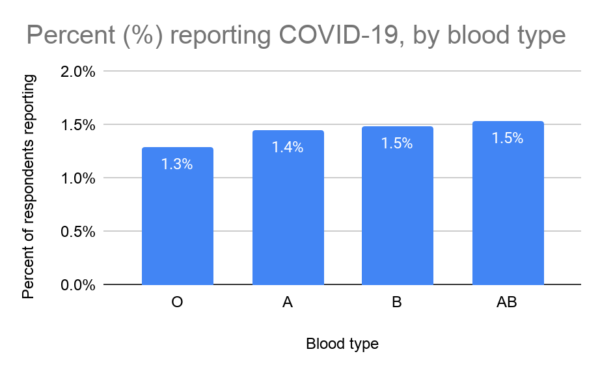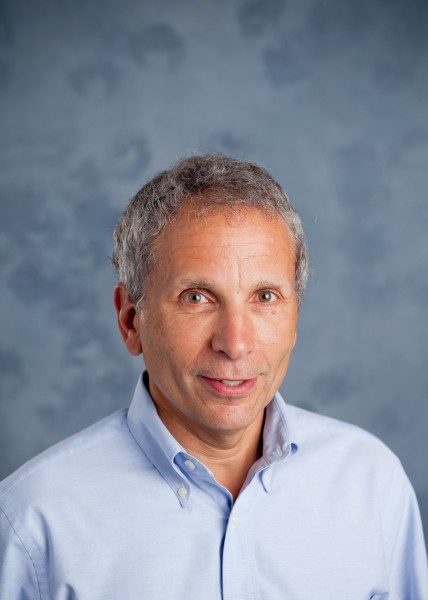
25 Jun To Your Health: Blood Types & Covid-19
Part-time Telluride local Dr. Alan Safdi, a world-renowned internist and gastroenterologist with encyclopedic knowledge of mind-body wellness and preventative medicine, posts on Telluride Inside… and Out under the banner of “To Your Health.” His blogs feature the most current information in his field: health, wellness, and longevity. Which now has to mean Dr. Alan’s podcasts are all about what’s on everyone’s mind: COVID-19.
The links a few of Dr. Alan’s podcasts on COVID-19 are below.
This week, Dr. Alan talks about Covid and blood types. Type Os, vulnerable too. Here is a link to his podcast.
Go here for other myths about the coronavirus.

Does having Type O blood mean you will not get COVID-19? Short answer: Absolutely not.
That is magical thinking along similar lines as not having a genetic predisposition to colon or breast cancer means you will not get those diseases. Simple not true. Fact is the vast majority of patients diagnosed with those forms of cancer had no known genetic predisposition.
True, having certain genes makes you much more likely to get certain diseases or illnesses, but the lack of a genetic propensity does not mean you are out of the woods.
Personally, I have no known risk factors for Covid-19, but I am still extremely careful and practice WMD (Wash. Mask. Distance).
The graph below illustrates a slightly lower risks of acquiring COVID if you are a Type O.

Overall, it is not yet clear why some people infected with SARS-CoV-2, the virus that causes COVID-19, get really sick, while others have only mild symptoms. There is some evidence that chronic health conditions such as hypertension, obesity, age, cardiovascular disease or pulmonary disease history, immunosuppression, and diabetes play a role. And scientists already know that genes can and do influence how our bodies react to other viruses.
Two areas that encode blood type and a multi-gene cluster on chromosome 3 were linked to respiratory failure during SARS-CoV-2 infection. And blood type was a marker for these gene clusters.
However, the research on these gene and blood types is very preliminary and, with such a small group of patients in the study, need to be repeated. Remember how quickly hydroxychloroquine was touted by some as a wonder drug?
Let’s not be guilty of ready, fire, aim. The outcome could be deadly.
Dr. Alan on Covid-19, more podcasts:
Podcast 1: Proper hand-washing technique and more!
Podcast 2: Testing for Covid-19 and what are the differences and indications for each type of test?
Ways to boost your natural immunity during this pandemic.
A report on a rising “Danger to Kids.”
What to stockpile at home during the coronavirus outbreak.
Safe-distancing from runners and bikers.
Dr. Alan, more:

Dr. Alan Safdi is board-certified in Internal Medicine and in Gastroenterology and is a Fellow of the American College of Gastroenterology. A proven leader in the healthcare arena, he has been featured on the national program, “Medical Crossfire” and authored or co-authored numerous medical articles and abstracts. Safdi has been involved in grant-based and clinical research for four decades and is passionate about disease prevention and wellness, not just fixing what has gone wrong. He is an international lecturer on the subjects of wellness, nutrition and gastroenterology.


Pingback:How to Travel Safely | Telluride Inside... and Out
Posted at 17:42h, 01 July[…] Blood Types and Covid-19. […]
Pingback:How Not to Get Covid-19! | Telluride Inside... and Out
Posted at 10:11h, 13 July[…] Blood Types and Covid-19. […]
Pingback:COVID: Unexpected Consequences | Telluride Inside... and Out
Posted at 11:04h, 23 July[…] Blood Types and Covid-19. […]